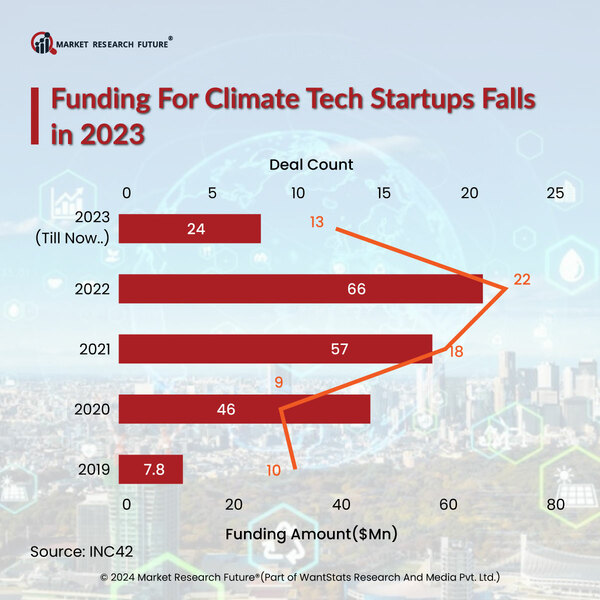Industry Videos

Information and Communications Technology
Brain Computer Interface Market Insights 201-2024

Software
BIM Software Market Insights 2019-2025

Information and Communications Technology
Big Data Market Insights 2018-2023

Software
Audit Software Market Insights 2019-2025

Food, Beverages & Nutrition
Botanical Extracts Market Research Report 2019-2025

